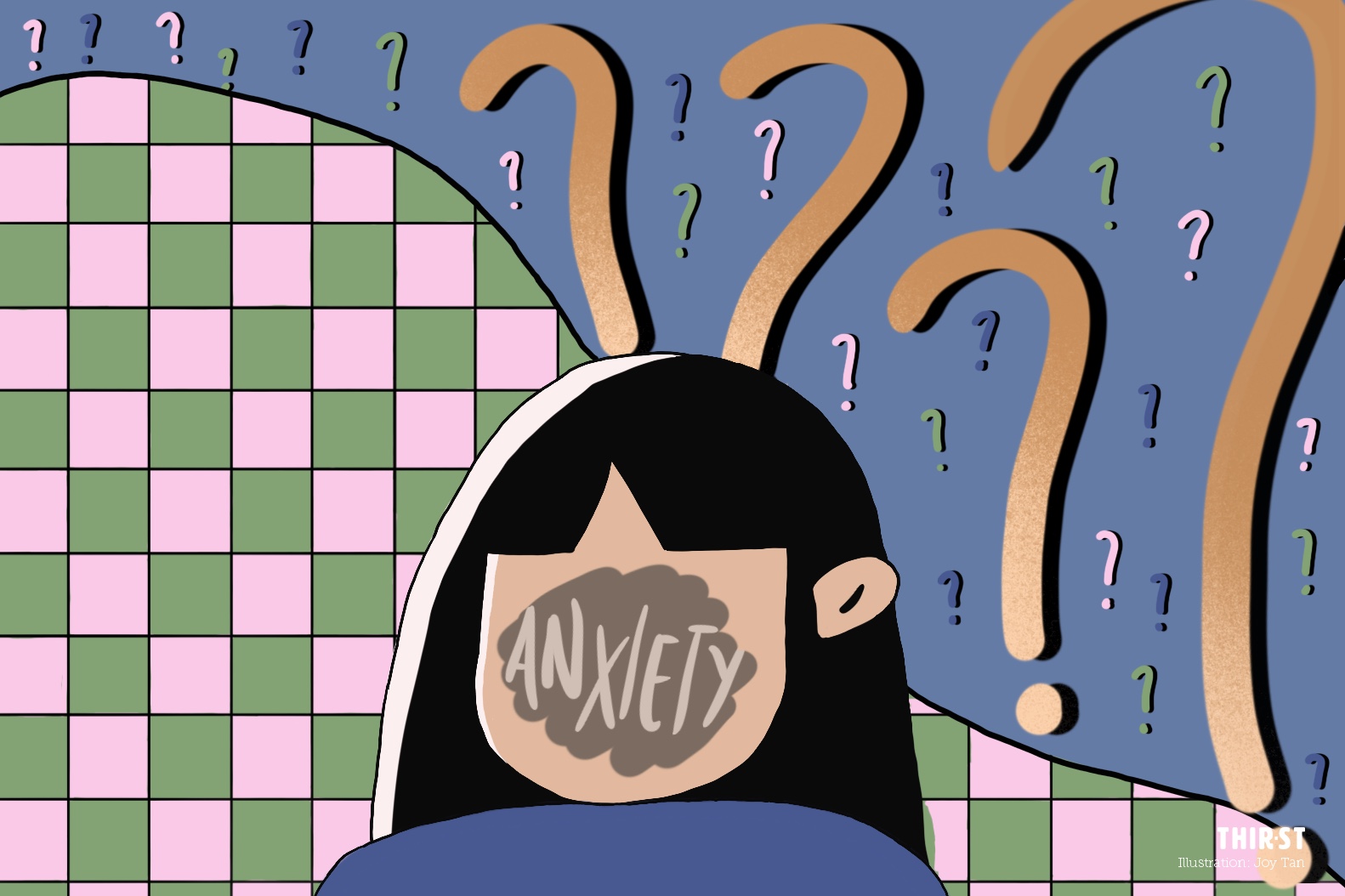I had two anxiety attacks last month.
Although I have a history of mental health struggles, I have recovered considerably and no longer need medication. However, my brain was recently filled with anxious thoughts.
I had just left my full-time job in the helping profession, and found myself obsessing about my next career move and finances. These thoughts were overwhelming no matter what I did.
In my desperation, I tried to prolong my daily prayers to God to seek comfort from Him and a sign for where to go next. I kept repeating the phrase “Christ is enough for me” in my head. However, I would still be swarmed with doubts about myself.
Feeling like I needed some help with reflecting and meditating on God’s Word, I turned to a Christian meditation app.
The 15-minute tracks on anxiety were most useful for me. Using them before sleeping and after waking up, I would listen to verses from Bible passages such as Matthew 6:25-34.
There were also bedtime stories where you were asked to immerse yourself in a story. For example, imagining yourself sweeping the whole house to find the lost coin and rejoicing when it is found, just like how our Heavenly Father rejoices over a repentant sinner (Luke 15:8-10).
As part of the experience, I would sit and meditate on God’s Word while doing deep breathing.
Every day, I was able to reflect on a different verse and theme, and I would then write down my thoughts in my diary. I also made hourly reminders in my phone to pray throughout the day.
After using the app for a few days, I realised that my anxiety had reduced considerably.
Through these daily reflections, I was reminded of my identity in God as well as the fact that God would be pleased with any job that makes an honest living.
By calming down and reflecting, I no longer ruminated on the guilt I felt for leaving the helping profession and the lies about how useless I am.
Instead of waiting indefinitely for a sign from God, I was also led to apply for two part-time jobs: one as a teacher in an enrichment centre and another as a barista.
I find that the thing that really helped was spending more unhurried time with the Lord and replacing those lies in my head with God’s truth, so that I could make healthy decisions to take my next steps.
I would like to summarise a few points from my experience:
- When you find yourself obsessing with self-defeating thoughts, it is good to have a Bible verse to meditate on to replace these thoughts. You can repeat the verse in your head while doing breathing exercises.
- It can be useful to have Quiet Time materials that help you to reflect on God’s truth. Do write down your reflections and pray through them.
- One way to pray without ceasing and to commit every detail to God is to pray for a few minutes every hour. You will feel less anxious knowing that God is in control of your day.
- When you have a calm and healthy head space that is filled with God’s Word, you will be able to make healthy decisions.
I find it heartening that modern coping methods like deep breathing and meditation can also be used during our Quiet Time.
Then again, it is no modern invention as we are told again and again in the Bible to meditate on God’s Word.
“Keep this Book of the Law always on your lips; meditate on it day and night, so that you may be careful to do everything written in it. Then you will be prosperous and successful.” (Joshua 1:8)
“Finally, brothers and sisters, whatever is true, whatever is noble, whatever is right, whatever is pure, whatever is lovely, whatever is admirable – if anything is excellent or praiseworthy – think about such things.” (Philippians 4:8)
As our battle with the evil one happens in our minds, let us equip ourselves to resist the devil through our thoughts so that we do not have to despair over our circumstances.
- What are some doubts and anxieties that you have?
- What does the Bible have to say about them?
- When was the last time you meditated on God’s Word? What is a verse that could be helpful for you to reflect on this season?
- If you think you might be struggling with mental illness, do reach out to a professional. There is no shame in seeking help at all.









